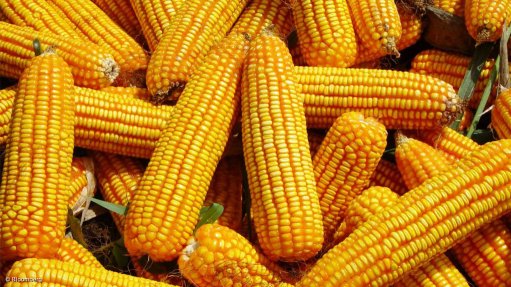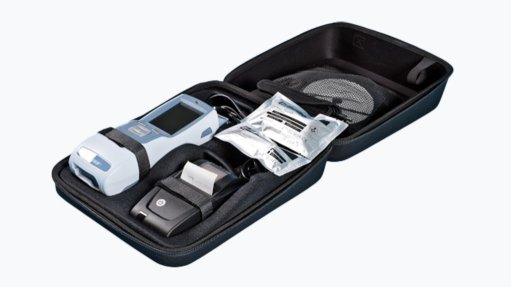IATA launches report into the reduction of single use plastics in the airline sector
The global representative body for the airline industry, the International Air Transport Association (IATA), has released its latest report on how the industry can reduce its environmental impact. This report is entitled ‘Reassessing Single Use Plastics Products in the Airline Sector’ and seeks to mitigate the impacts of the employment of single use plastic products (SUPP) in the airline supply chain. (The report was prepared by IATA with the assistance of Travel Without Plastic and WRAP.)
“Airlines are taking a comprehensive approach to sustainability that includes addressing the environmental impact of SUPP,” highlighted IATA senior VP: sustainability and chief economist Marie Owens Thomsen. “The recommendations of this report will help airlines, regulators and the supply chain to manage the complexities of reducing SUPP. This includes finding alternatives to SUPP, creating a harmonised regulatory framework, and promoting sector-wide collaboration. Importantly, these recommendations take advantage of the expertise of all participants in the aviation sector to develop, adapt and implement the solutions best suited to an aircraft’s unique environment.”
An IATA survey, conducted last November, established that more than 75% of passengers would have a better feeling about flying if airlines did not use any SUPP. Further, they would be very willing to have fewer food and beverage options on a flight, if this helped airlines eliminate the use of SUPP. As for cargo, the IATA Shipper Survey 2022 reported that 50% of cargo customers ranked waste reduction along the supply chain as one of their top priorities. Further, cargo operators were getting requests from their end customers to cut back on their use of plastic wrappings and packaging.
The report contained recommendations for airlines, regulators and the industry supply chain.
Airlines should professionally examine their need for SUPP. They should use waste reduction and reuse as the lens through which they reviewed their standards and procedures, and set clear targets for the tracking, measurement and elimination of SUPP, and report their progress. To drive circularity, reusable items should be introduced; this would require the development of logistical systems with closed-loop services, which would include assessing the impact of possibly heavier reusable materials on aircraft fuel burn and carbon emissions. Waste management and recovery should be improved by enabling the segregation of both onboard and ground waste, and by auditing the composition of wastes from both passenger and cargo operations.
Regulators should actively seek to facilitate the reduction of SUPP by creating harmonised and simple legislation and regulation, with global common definitions and standards for alternatives to SUPP, including integrity, certification and labelling. The lack of such standardisation and harmonisation was a significant barrier for airlines seeking to reduce and then eliminate the use of SUPP. Regulators should also set up the infrastructure and frameworks necessary to implement reuse models, but do so in a manner that met the needs of international airline operations. To ensure that waste segregation practices were effective and efficient, regulators should endorse a clear methodology and the sharing of good practices. And they should also support the establishment of waste segregation and recovery infrastructure at or close to airports.
Supply chain stakeholders should participate in, or organise, discussions with key stakeholders which were focused on finding solutions to the problem of SUPP. These would help identify, and put into effect, changes in processes that would give priority to end-to-end solutions, encouraging regulatory changes and ensuring best practices. There should also be increased public-private collaboration in the supply chain, with significant investments, to implement a circular economy in the airline industry value chain, and enable the considerable upstream and downstream process and procedure changes that would be required.
Article Enquiry
Email Article
Save Article
Feedback
To advertise email advertising@creamermedia.co.za or click here
Announcements
What's On
Subscribe to improve your user experience...
Option 1 (equivalent of R125 a month):
Receive a weekly copy of Creamer Media's Engineering News & Mining Weekly magazine
(print copy for those in South Africa and e-magazine for those outside of South Africa)
Receive daily email newsletters
Access to full search results
Access archive of magazine back copies
Access to Projects in Progress
Access to ONE Research Report of your choice in PDF format
Option 2 (equivalent of R375 a month):
All benefits from Option 1
PLUS
Access to Creamer Media's Research Channel Africa for ALL Research Reports, in PDF format, on various industrial and mining sectors
including Electricity; Water; Energy Transition; Hydrogen; Roads, Rail and Ports; Coal; Gold; Platinum; Battery Metals; etc.
Already a subscriber?
Forgotten your password?
Receive weekly copy of Creamer Media's Engineering News & Mining Weekly magazine (print copy for those in South Africa and e-magazine for those outside of South Africa)
➕
Recieve daily email newsletters
➕
Access to full search results
➕
Access archive of magazine back copies
➕
Access to Projects in Progress
➕
Access to ONE Research Report of your choice in PDF format
RESEARCH CHANNEL AFRICA
R4500 (equivalent of R375 a month)
SUBSCRIBEAll benefits from Option 1
➕
Access to Creamer Media's Research Channel Africa for ALL Research Reports on various industrial and mining sectors, in PDF format, including on:
Electricity
➕
Water
➕
Energy Transition
➕
Hydrogen
➕
Roads, Rail and Ports
➕
Coal
➕
Gold
➕
Platinum
➕
Battery Metals
➕
etc.
Receive all benefits from Option 1 or Option 2 delivered to numerous people at your company
➕
Multiple User names and Passwords for simultaneous log-ins
➕
Intranet integration access to all in your organisation


















